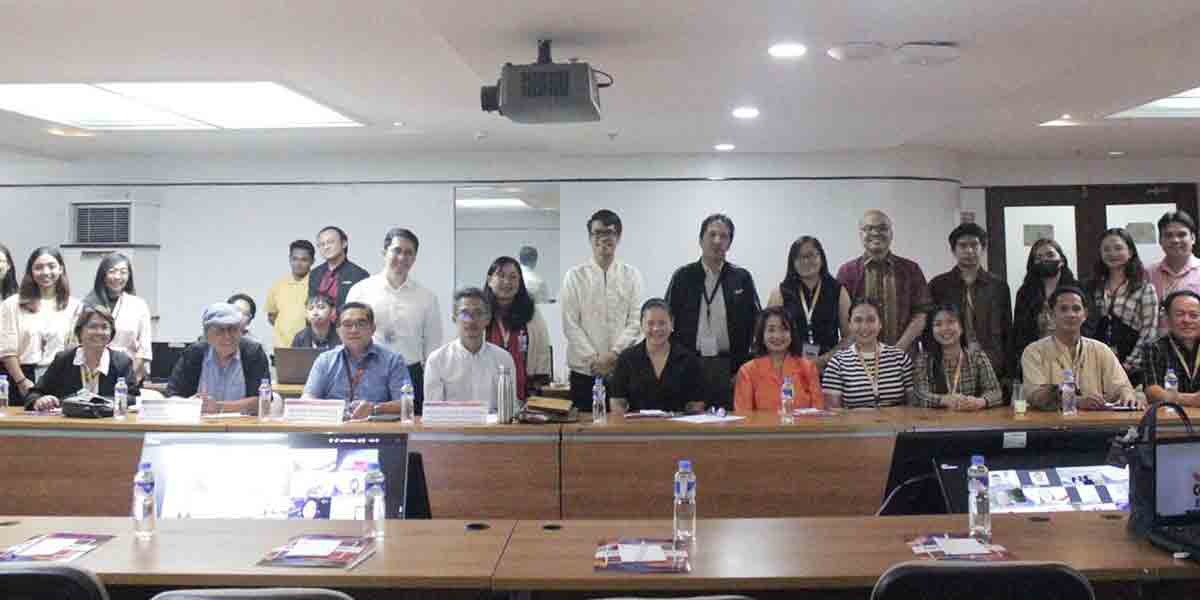By Francis Allan L. Angelo
The services sector, which contributes 60% of the Philippines’ GDP and employment, continues to evolve through innovation, according to a study by the Philippine Institute for Development Studies (PIDS).
The report, A Snapshot of Innovation in the Philippine Services Sector authored by Ramonette B. Serafica and Queen Cel A. Oren, used data from the 2021 Survey of Innovation Activities to analyze how service firms adapted during the pandemic and beyond.
Organizational innovation emerged as the most common form of innovation, with 42% of firms adopting new management systems or methods to enhance decision-making and efficiency.
Cost factors remain the most significant barrier to innovation, the study indicated.
Firms utilizing Fourth Industrial Revolution technologies and knowledge management practices were more likely to implement innovations successfully, the study indicated.
Marketing innovations also played a critical role, especially in retail and accommodation services.
These innovations focused on targeting new customer groups and leveraging digital platforms to promote products.
“We observed significant adoption of digital media for advertising and customer engagement, particularly among firms in the Information and Communication subsector,” said co-author Queen Cel A. Oren.
The Information and Communication sector leads in innovation, with 61% of its firms classified as “innovation active.”
Financial and insurance services followed closely, driven by advancements such as AI-powered customer interaction tools and digital financial platforms.
Despite these strides, sectors like real estate and arts lagged, with less than 35% of firms adopting any form of innovation.
PIDS noted that many service firms relied heavily on internal and market sources of knowledge.
However, collaboration with universities and research institutions remained low, highlighting a need for stronger public-private partnerships.
According to the report, successful innovations improved customer satisfaction, increased market reach, and boosted operational efficiency.
The report emphasized that addressing barriers, such as high costs and limited external collaboration, could accelerate growth.
Under the Philippine Development Plan 2023–2028, the government aims to strengthen policies that encourage innovation.
These include expanding R&D funding, offering tax incentives, and simplifying regulatory processes.
Creating industry-specific innovation roadmaps is essential to ensure tailored solutions for diverse subsectors, the study added.
The study also underscored the potential of innovation to attract foreign investment and create more job opportunities in the services sector.
















